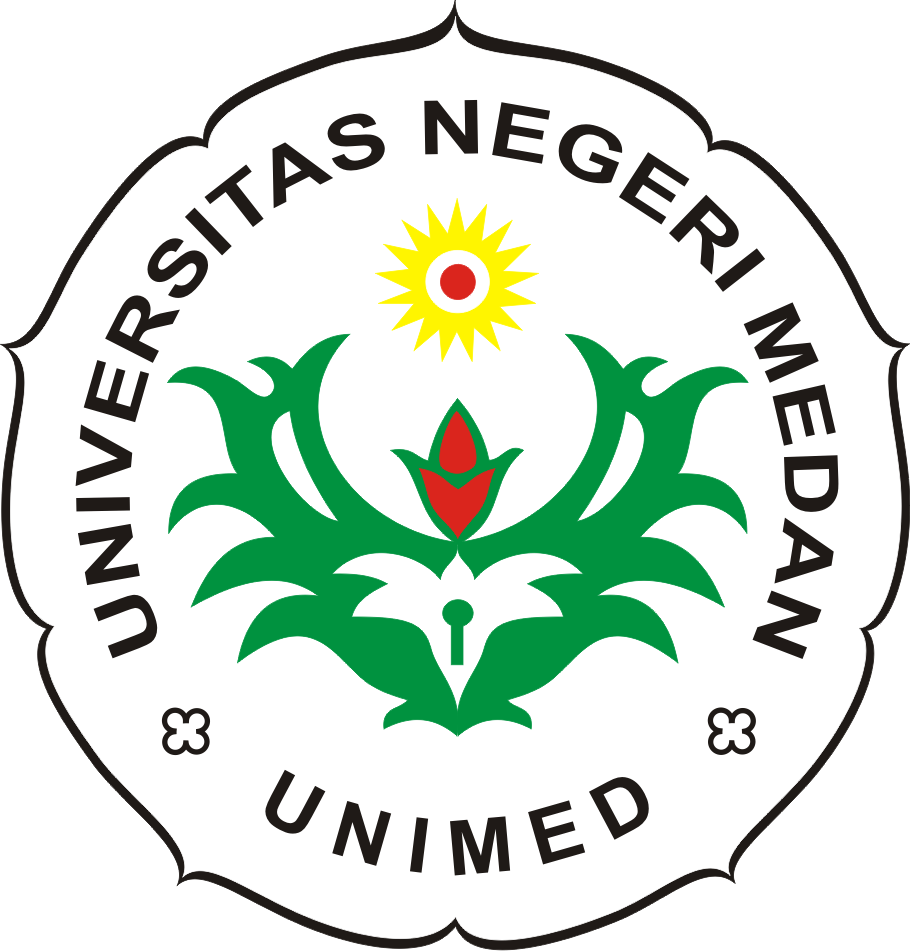THE EFFECT OF APPLYING CLUSTERING TECHNIQUE ON THE STUDENTS™ ACHIEVEMENT IN WRITING DESCRIPTIVE PARAGRAPH
DOI:
https://doi.org/10.24114/reg.v3i4.1388Abstract
This study attempts to investigate the effect of applying clustering technique on the students™ achievement in writing descriptive paragraph. The research design of this study was an experimental one. The population of this study was grade VII of MTSs Al Abraar totaling to 60 students of two parallel classes. The data were obtained from random sampling technique through lottery. The class VII-A became the experimental group and was given the treatment by using clustering technique while class VII-B became control group and was given treatment without using clustering technique. The instrument of collecting data was writing test and inter-rater was used to obtain the reliability of the test. The data were analyzed by using t-test formula. It was also obtained that tobserved is higher than ttable (1.760 > 1.673) at the level of significance (α = 0.05) and degree of freedom (df) = 58. It means that null hypothesis was successfully rejected and alternative hypothesis was accepted. As the conclusion, there is a significant effect of applying clustering technique on the students™ achievement in writing descriptive paragraph.Downloads
Published
Issue
Section
License
Authors who publish with this journal agree with the following terms:
- Authors retain copyright and grant the journal right of first publication with the work simultaneously licensed under a Creative Commons Attribution License that allows others to share the work with an acknowledgment of the work's authorship and initial publication in this journal.
- Authors are able to enter into separate, additional contractual arrangements for the non-exclusive distribution of the journal's published version of the work (e.g., post it to an institutional repository or publish it in a book), with an acknowledgement of its initial publication in this journal.
- Authors are permitted and encouraged to post their work online (e.g., in institutional repositories or on their website) prior to and during the submission process, as it can lead to productive exchanges, as well as earlier and greater citation of published work (See The Effect of Open Access).
- This work is licensed under a Creative Commons Attribution-ShareAlike 4.0 International License.






